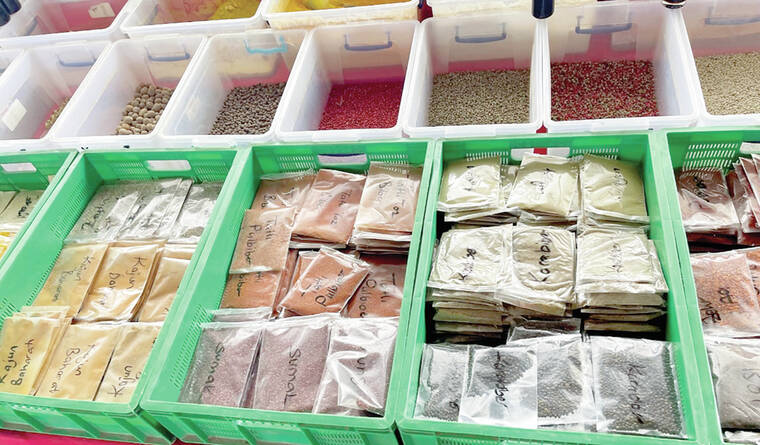For most chefs, spices and herbs are a powerful tool to add taste, flavor and color to their recipes, but most people don’t know that they actually have many other benefits.
Sometimes spices can be suspicious for us, especially if we are not familiar with them.
I grew up in Turkey which is a country of herbs and spices and a paradise of very different and colorful veggies. There, almost every city has its own famous type of spice or herb that they use to make their own special dishes. They also have big farmers’ markets every week in every town, so it’s easy to find the local specialties.
But, nowadays, especially in our busy life schedule, it’s often not convenient to get fresh herbs and spices. Maybe we remember how our grandmothers used to use them in their cooking, but even though we enjoyed them we may forget to experiment with them ourselves. Also, many people don’t cook themselves at home, opting often for ready meals and takeouts which we may think is saving us money although that is not necessarily true, especially if you think about the longer-term health consequences.
Here are a few of my favorite spices, with some tips on how to use them.
Thyme has antibacterial properties and can help with high blood pressure. It can help with coughing, improving our mood, skin issues and acne. In addition, in Turkey, you can buy thyme juice which is made simply with fresh herbs and water and is very effective for weight loss and digestion issues. Mostly you can use thyme with red meats (especially with meatloaf), although you can also use it with chicken, salads with olive oil, and soups. If you are vegetarian then you can try it with kidney beans too.
Cumin helps digestion, especially in seed form. It contains iron, magnesium, calcium and phosphorus. It is a powerful antioxidant that helps inflammation, it also improves blood sugar and can help with diabetes, and some studies show that it may help with weight loss too. Cumin is a very good match with vegetarian recipes such as bean salad, hummus, and lentil soup. It also adds a great taste to chicken, too.
Cayenne pepper helps in removing toxins from the body and it can also help reduce pain, improve digestion and fight infections, especially colds. It can also reduce unwanted water retention in the body too. You can add cayenne pepper to pretty much anything — for example, even if you make chocolate brownie you can add it to improve the chocolate taste!
Sumac has antioxidant properties and may reduce inflammation, help regulate blood sugar, improve digestion, and reduce muscle pain. It contains fiber, some essential vitamins and healthy fats including oleic acid and linoleic acid. Linoleic acid is a type of essential polyunsaturated fat, while oleic acid is a type of monounsaturated fat commonly found in plant-based foods. Sumac has a sour taste and gives great additional flavor to hummus, grilled veggies, meat and salads.
You can find such a variety of spices coming from so many different cultures. Most of them have some type of health benefits, some being more beneficial of course than others. You may enjoy experimenting with some different spices in your kitchen, and you may find new recipes and new tastes too.
I always suggest eating the biggest variety of nutrients that you can by consuming different veggies, herbs, protein and fat sources to balance your diet. So adding many types of spices will give your food beautiful flavor and nutrients at same time. When buying spices do check the country of origin and the expiration date, and if possible always buy organic spices to ensure that they are not contaminated in any way.
Enjoy your cooking!
•••
Ayda Ersoy is a nutritionist (Dip.C.N., Dip.S.N.); master trainer (CPT ACE, NCSF, CanfitPro); registered yoga teacher; founder, Health Angel Nutrition, Fitness and Wellness; and founder, SMS (Stability, Mobility Strength) Intuitive Training System.


